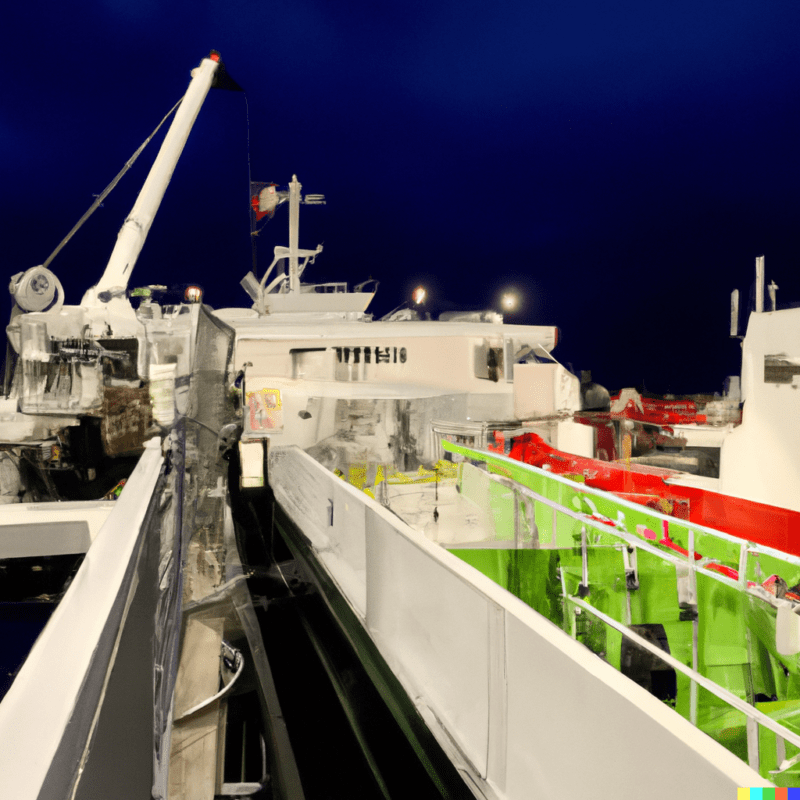Global shipping is a vital industry that plays a significant role in international trade and economic growth. However, the industry is also a major contributor to greenhouse gas emissions and climate change. In response to this challenge, the shipping industry has developed a decarbonization plan to reduce its environmental impact. One crucial aspect of this plan is the upskilling of the seafaring workforce. By enhancing the skills and knowledge of seafarers, the industry aims to navigate towards a sustainable and greener future.
The decarbonization plan of the global shipping industry is of utmost importance due to the significant role it plays in reducing worldwide carbon emissions. Currently, the shipping sector emits around 2.5% of global greenhouse gas emissions, and this percentage is projected to increase if no measures are taken. The industry’s commitment to decarbonization is essential to combat climate change and mitigate its environmental impact.
Furthermore, the decarbonization plan is crucial for the shipping industry’s long-term sustainability. It ensures that the industry can adapt to changing environmental regulations and meet the demands of environmentally conscious consumers. By reducing its carbon footprint, the industry can continue to thrive and maintain its economic significance while also protecting the planet for future generations.
To effectively implement the decarbonization plan, the global shipping industry recognizes the need to upskill the seafaring workforce. Upskilling refers to providing additional training and education to seafarers, enabling them to acquire the necessary skills and knowledge to operate greener and more sustainable vessels.
The upskilling of seafarers involves various aspects, including environmental awareness and knowledge of alternative fuels and technologies. Seafarers need to understand the impacts of their actions on the environment and be able to take appropriate measures to reduce emissions. By providing comprehensive training programs, the industry can ensure that seafarers are equipped with the necessary tools to navigate towards a decarbonized future.
Upskilling also involves technological training to familiarize seafarers with the latest eco-friendly equipment and systems. This includes knowledge of energy-efficient propulsion systems, waste management strategies, and emission reduction technologies. By keeping seafarers updated with the latest advancements, the industry can maximize the potential of these technologies and improve overall operational efficiency.
In conclusion, the global shipping industry’s decarbonization plan is an essential step towards mitigating climate change and reducing environmental impact. Upskilling the seafaring workforce is a crucial element of this plan, as it equips them with the knowledge and skills to navigate towards a sustainable future. By enhancing their understanding of environmental issues and providing training on eco-friendly technologies, the industry ensures that seafarers can effectively contribute to reducing carbon emissions. Through collective efforts and a commitment to upskilling, the global shipping industry can play a significant role in achieving a greener and more sustainable future.
Share it now






